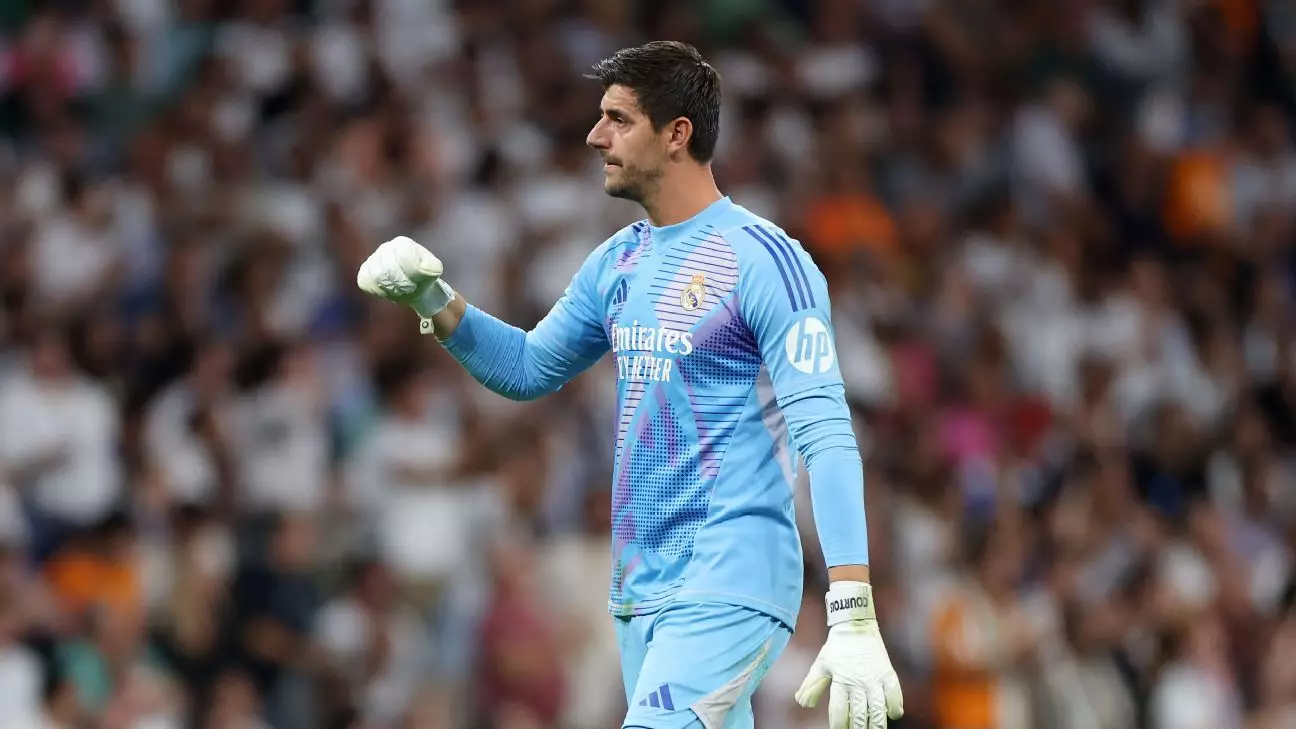In recent discussions surrounding professional football, a troubling sentiment has emerged from players regarding the overwhelming number of matches on their schedules. Notably, Thibaut Courtois, the Real Madrid goalkeeper, expressed support for Manchester City’s Rodri, who indicated that players might soon consider striking due to the relentless pace of the current fixture list. This marks a significant moment as it highlights a collective sentiment among professional footballers who are increasingly frustrated with the condensed nature of their seasons.
As the football calendar intensifies with competitions such as UEFA’s Champions League and FIFA’s newly planned Club World Cup, athletes are concerned that the sheer volume of games is unsustainable. The prospect of participating in over 70 games in a single season is alarming not only for players but also for their long-term health and performance capabilities. This discussion sheds light on a fundamental issue: the need for balance in the footballing world, which has historically prioritized entertainment and revenue over player welfare.
Courtois articulated a crucial point during a conversation with Spanish streamer Ibai Llanos, noting that while fans desire to see the best players on the pitch, a grenade of injuries is likely to explode if the demands remain unchanged. With more tournaments being introduced, the risk of burnout and health complications among players escalates. Such concerns are not unwarranted; overworked athletes often face increased injury susceptibility, which can have long-term effects on their careers.
Many critics argue that financial rewards rendered to players should negate their complaints about excessive work. However, this perspective undermines the physical and mental toll that constant play imposes on athletes. Acknowledging that the best players may not always be available due to fatigue or injury is crucial in reevaluating the current structure of competitive football.
The impact of fixture congestion also extends to team cohesion and performance. For Real Madrid, despite securing a victory in their Champions League opener, inconsistency looms within La Liga, leaving them trailing behind rivals like Barcelona. The media’s focus has also shifted in favor of new arrivals, such as Kylian Mbappé, potentially sidelining other talented players like Rodrygo. Courtois defended Rodrygo’s contributions, pointing out that the media’s tendencies to simplify narratives often overlook the essential roles of various team members.
As fans and pundits dub Madrid’s attacking trio as “BMV,” there lies an inherent risk in creating divisive narratives within squads. A healthy team environment thrives on every player’s acknowledgment, and when some are highlighted while others are marginalized, it can lead to friction and decreased performance on the pitch.
Ultimately, the trajectory of professional football hinges on how stakeholders respond to these pressing concerns. The dialogue initiated by players like Rodri and supported by Courtois reveals an urgent need for reforms that prioritize player welfare without sacrificing the integrity of the game. As discussions surrounding potential strikes gain momentum, there lies an opportunity for the footballing community to reassess their values and implement changes that will enhance the sport for players and fans alike.
Football should not simply be seen as a vessel for entertainment and profit; it must recognize the human element at its core. Finding a balance between the exhilarating demands of modern football and the health of its players could pave the way for a more sustainable and equitable future in the sport.

